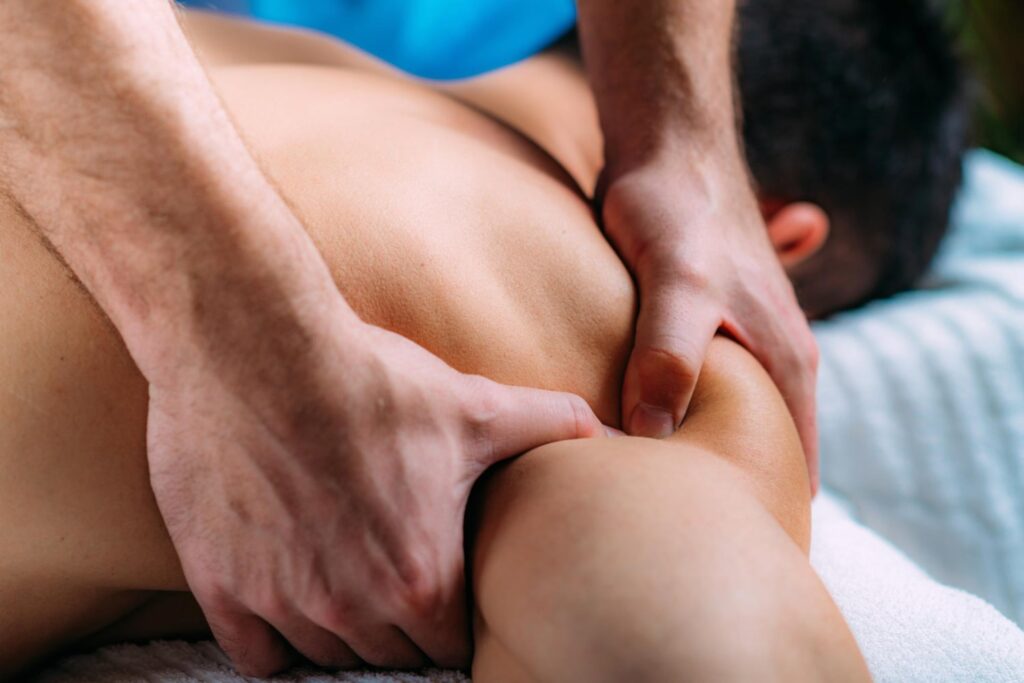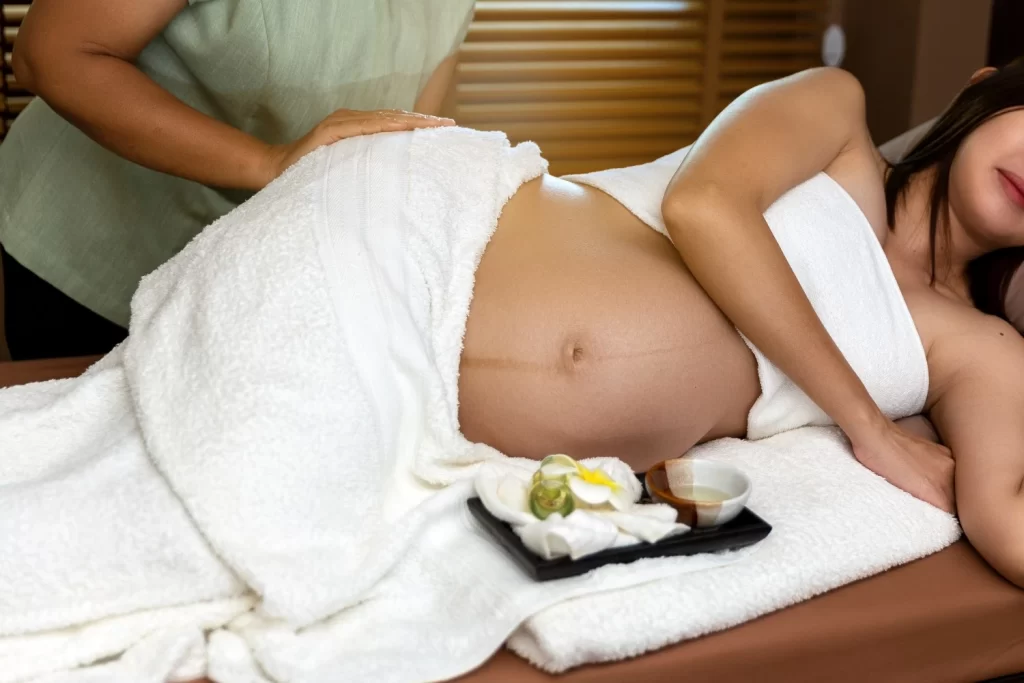Home Page > Massage Services >
Sports Massage Athens
Muscle relief, better circulation and faster recovery after exercise or injury.
Sports massage is a targeted session that works on muscle tension and "grip" from exercise or daily stress, with customized pressure and deep tissue massage techniques, so you can feel more comfortable movement and better recovery.
At Athens Massage Center (Amfeias 14, Athens), we apply sports massage techniques and tailor each session to your needs. The price of a session at our spa starts from 40€ for 60 minutes.

You can also choose to have sports massage in other locations such as:
- Home Massage: Prices are set at €50 for 60 minutes or €60 for 80 minutes
- Massage at the hotel: Prices are set at 60€ for 60΄ or 80€ for 90΄
The appointment must be scheduled and confirmed either by telephone or via the Online Booking form.
Payment for your session can be made on site with cash, debit/credit card, IRIS, Apple Pay and other contactless methods. Alternatively, you can complete the payment online during booking, through our secure platform, using your card. Choose the method that suits you and enjoy the experience without delays.
Our Reviews
What is sports massage?
Sports massage (also known as deep tissue massage) is a specialized form of therapeutic massage that targets the inner layers of muscles and connective tissues. Slow and deep pressures, various massage techniques, and stretches are used to break down adhesions (the well-known “knots” in the muscles) and release accumulated lactic acid from the muscles. Unlike a relaxing massage, sports massage focuses on injury prevention, tension relief, and faster recovery of the body after exercise.
Simply put, it is a strong, targeted massage designed according to each individual’s needs. The therapist may use a variety of techniques (such as deep gluteal massage, trigger point pressure, neuromuscular relaxation methods, and muscle stretches) depending on the training phase or the recipient’s injury. This approach not only provides immediate relief from pain and stiffness but also promotes overall body well-being by accelerating its natural ability to heal.
Sports Massage Benefits
Sports massage offers multiple physical and psychological benefits, as well as improvements in athletic performance. Whether you are a professional athlete or exercise occasionally, you can gain significant advantages:
How does it work?
A sports massage session always begins with a brief assessment: the therapist will ask you about any injuries, tension points, or other needs in order to focus accordingly. Depending on the case, the sports massage may involve the whole body or target specific areas (e.g., legs, back, shoulders, neck).
At the beginning of the session, the muscles are warmed up with gentler strokes and warm compresses (if needed) to help them relax. Then, the therapist applies deeper pressure and specialized techniques to the problematic areas. You may feel intense pressure or a “good” pain in certain spots where knots or tight muscles are present—but the massage should never become unbearable. Always communicate with the therapist during the session so they can adjust the pressure according to your tolerance and needs.
After the massage, you may feel slight soreness or muscle sensitivity for 1–2 days, especially if it was your first time or if the pressure was deep. This is normal and subsides quickly—it means the massage reached deep into the tissues. It is recommended to drink plenty of water after the session to help flush out the toxins released from the muscles.
How often should I have Sports Massage
The frequency of sessions depends on your activity level, goals, and any musculoskeletal issues you may have. In general, it is recommended:
Of course, every body is different. A professional athlete will likely need massages more frequently compared to someone who exercises lightly. Discuss with your therapist the ideal session schedule based on your individual needs.
Is it only for Athletes?
Of course not! Although it’s called “sports massage,” this type of massage is not exclusively for athletes. It’s also ideal for anyone experiencing muscle pain or tightness from other causes. For example, people with sedentary jobs who suffer from back or neck pain due to poor posture can benefit just as much. Likewise, if you lift weights at work or experience strain from daily activities, sports massage will help relax your muscles and prevent injuries. Everyone can benefit from a properly applied sports massage—not just marathon runners or professional athletes.
When to avoid it
Although sports massage is beneficial for most people, there are certain cases where it should be avoided or performed only after medical advice:
In any case, inform your therapist about your full health condition before the session. If you have doubts, it is better to consult your doctor. Massage is a complementary wellness therapy – it does not replace medical care. With proper guidance, however, it can be safely incorporated into your routine and work supportively for your health and performance.
Trending Massages Today








